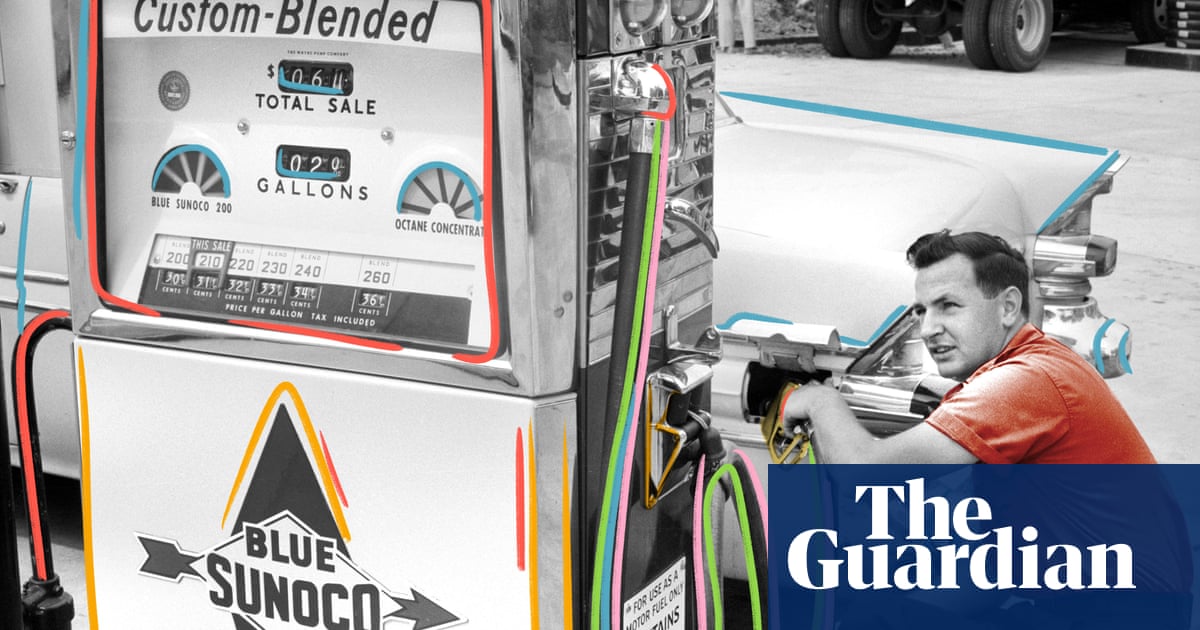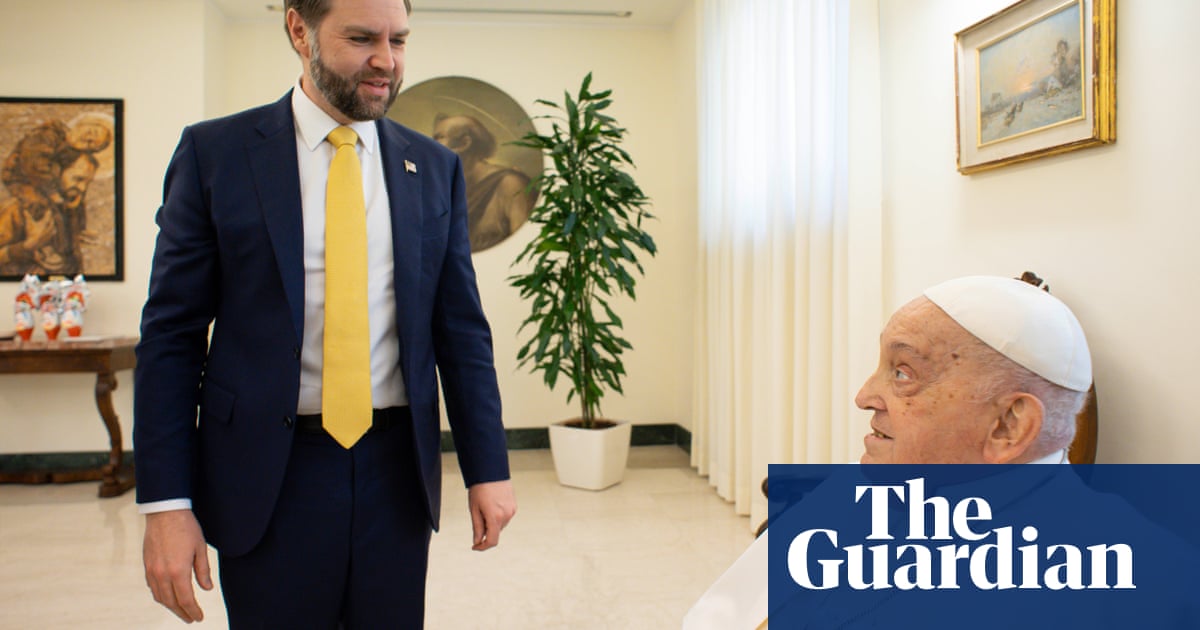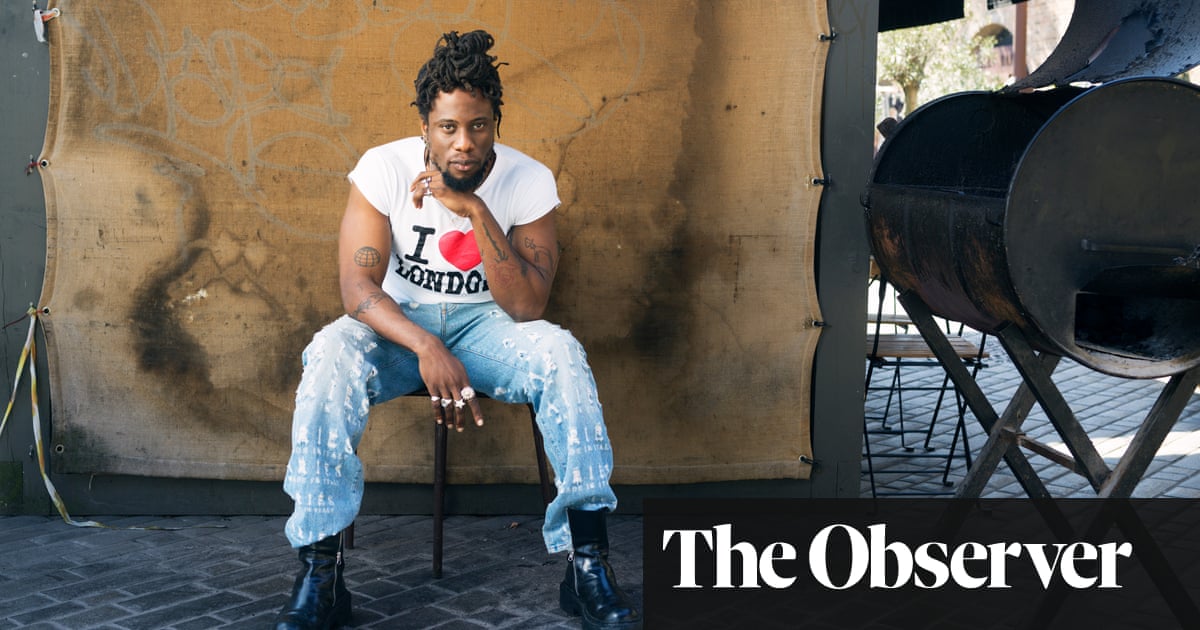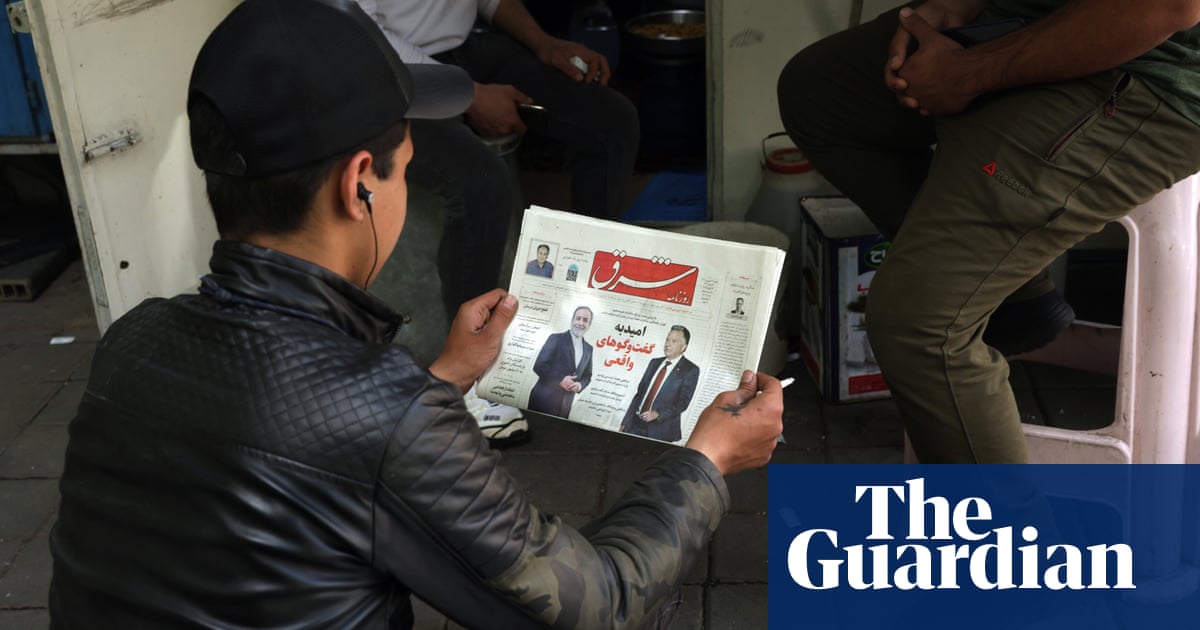The family of a man who was left paralyzed from the waist down by a 1999 car accident before being hit and badly wounded in the deadly New Year’s Day truck attack in New Orleans are reportedly wondering whether the 300lb wheelchair he uses may have had a role in helping halt the terror.
Jeremi Sensky of the suburban Pittsburgh community of Canonsburg, Pennsylvania, was in New Orleans to ring in 2025 with relatives at the time the attack occurred, he told KDKA’s The Marty Griffin Show. Sensky was on Bourbon Street when he was hit by a US army veteran inspired by Islamic State in an intentional ramming that killed 14 people and wounded about 30 others.
Sensky said he had noticed people scrambling for the sidewalks shortly before he was hit but could not get out of the way.
“It broke every bone below my knees, and every bone from my knees to my hip – and it threw me out of the back of my wheelchair on to my face,” Sensky said.
Sensky, 51, said he was lying on the ground near the truck – which barreled into a construction boom lift and stopped – when the attacker and police began firing at each other. The attacker, who traveled along three blocks of Bourbon Street, wounded two officers before police shot him dead.
“I felt safe from the gunfire because I was on the ground,” Sensky admitted. But fear displaced that feeling of safety when he realized authorities had discovered homemade bombs left by the attacker a couple of blocks up Bourbon, though they did not detonate as he planned.
“I was like, ‘What the hell? You guys gotta get me away,’” Sensky recalled telling first responders. “The whole time, I couldn’t understand why they couldn’t get me away.”
But Sensky said he calmed down when he grasped the total number of people injured and killed during the attack. He was eventually brought to the hospital, underwent surgery that lasted about 10 hours and settled in for a lengthy recovery, his daughter Heaven Sensky-Kirsch wrote on a GoFundMe campaign created to help his family cover his medical expenses.
Sensky-Kirsch published photos on Facebook showing her father being prepared for discharge from the hospital on 9 January. Captioned “busting out of here”, the photos show him using a wheelchair with orthopedic boots on each of his legs.
One of those images depicts him triumphantly raising his right fist. And a video posted a day later showed him reuniting with his small dog, Gizmo.
Sensky said it was uncomfortable for him to rely on the nearly $50,000 that his GoFundMe campaign had raised as of Monday. He said he hoped the city’s government would instead eventually compensate him for his injuries after it either removed or failed to deploy three different types of barriers that it had acquired – and were designed to prevent intentional ramming attacks such as the one on Bourbon Street.
Multiple victims injured in the attack, along with the father of one person killed in it, have already sued the city. They contend that officials who left only a single police cruiser at the entrance of Bourbon Street – which the attacker easily drove around – failed to protect revelers ringing in the new year out there that day.
Sensky’s wife, Crystal, wrote a statement on Facebook alluding to New Orleans’ “notorious” history of spending years avoiding paying out even when lawsuits against the city succeed. And she expressed frustration with New Orleans’ failure to have protective barriers on Bourbon Street the night of the attack.
In the statement, she also wondered whether 200lb Jeremi and his 300lb chair unwittingly became “a 500lb boulder” that finally foiled the attacker, given the fact that he crashed near – and very soon after – striking her husband.
“Thinking … Jeremi’s mangled legs caused the terrorist to lose control and wreck, saving … lives,” Crystal Sensky’s statement said.
Jeremi Sensky said he was trying to deal with the aftermath of the attack as best he could.
“I’m alive, and being alive … is being lucky, I guess,” Sensky remarked. “Sometimes being alive should just be enough.”

 3 months ago
41
3 months ago
41













































